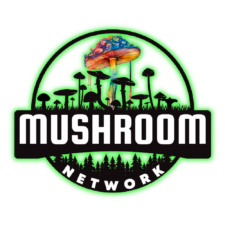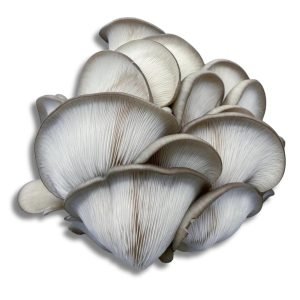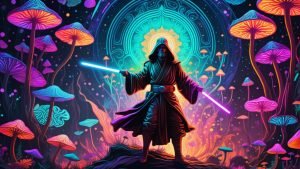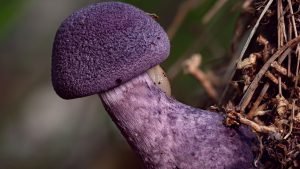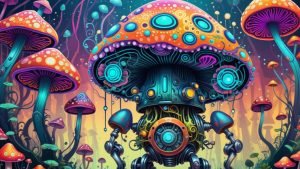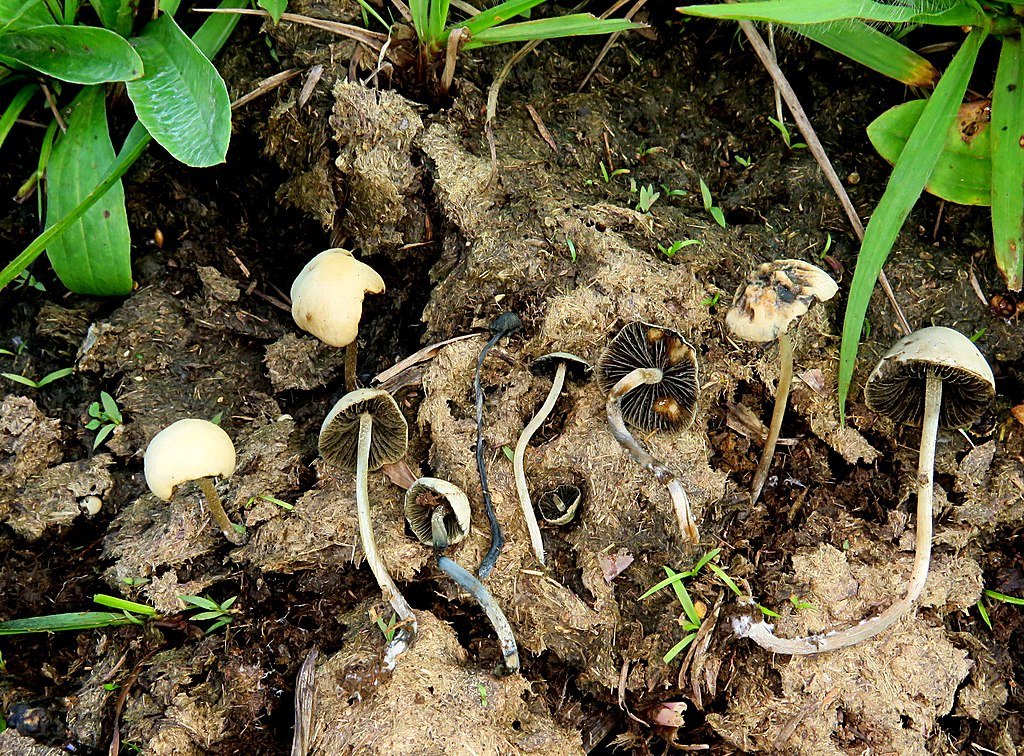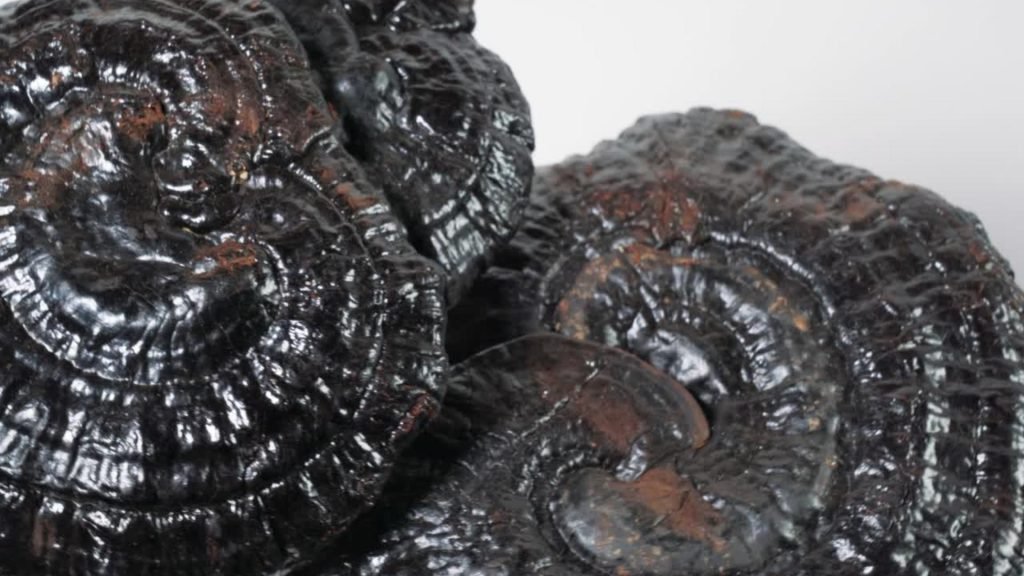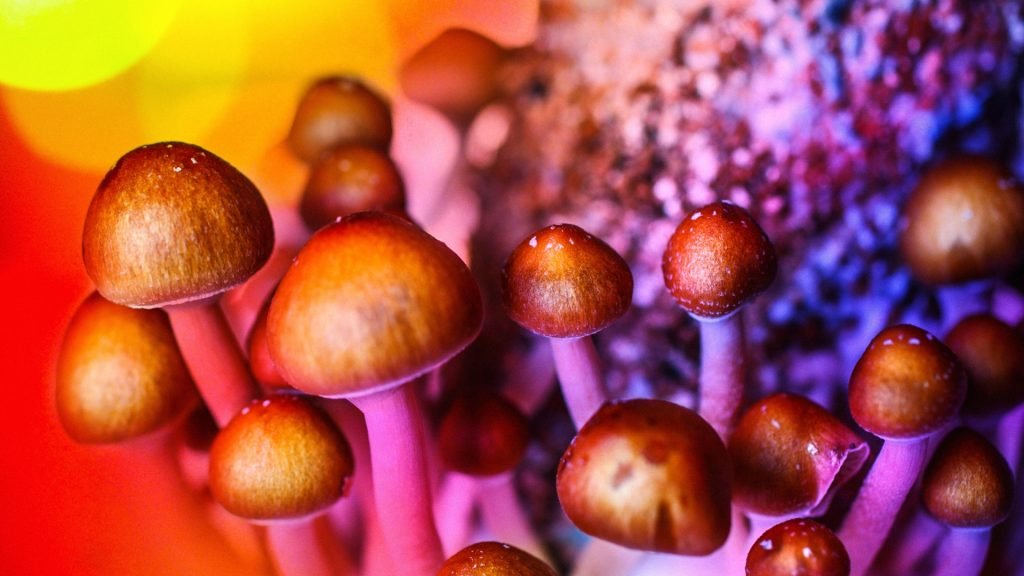In the complex and fascinating world of mycology, the scientific study of fungi, there exists a sub-discipline that dives into the profound relationship between humans and mushrooms – Ethnomycology. The term combines the Greek words ‘ethnos,’ referring to people or a cultural group, and ‘mykes,’ meaning fungus, and explores the myriad ways in which humans interact with and use fungi. This field isn’t just about understanding the biology of fungi; it’s about appreciating their broader implications on our health, spirituality, and culture.
Fungal Footprints in History:
Ethnomycologists dive into anthropology, history, archaeology, and folklore to trace the thread of fungi through human history. From the sacred soma in the Vedic scriptures, which some scholars believe was the Amanita muscaria mushroom, to the ‘flesh of the gods‘ (Psilocybe mexicana) used by the Aztecs, fungi have been entwined with humanity’s spiritual and cultural evolution. Our ancestors recognized the transformative power of these remarkable organisms long before modern science began to understand them.
Medicinal Mushrooms and Health Benefits:
Historically, numerous cultures have revered mushrooms for their medicinal properties. Traditional Chinese Medicine and Ayurveda, two of the world’s oldest holistic healing systems, have used fungi like Reishi (Ganoderma lucidum), Lion’s Mane (Hericium erinaceus), and Cordyceps (Cordyceps sinensis) to treat various health conditions for millennia.
Today, modern science is beginning to confirm many of these historical claims. For instance, research has found that certain mushrooms can enhance immune function, combat cancer, manage stress, and improve brain health. Reishi mushrooms, dubbed the ‘mushroom of immortality,’ are known for their immune-modulating and anti-cancer properties. Meanwhile, lion’s mane may stimulate nerve growth factor production, potentially slowing the progression of neurodegenerative diseases like Alzheimer’s.
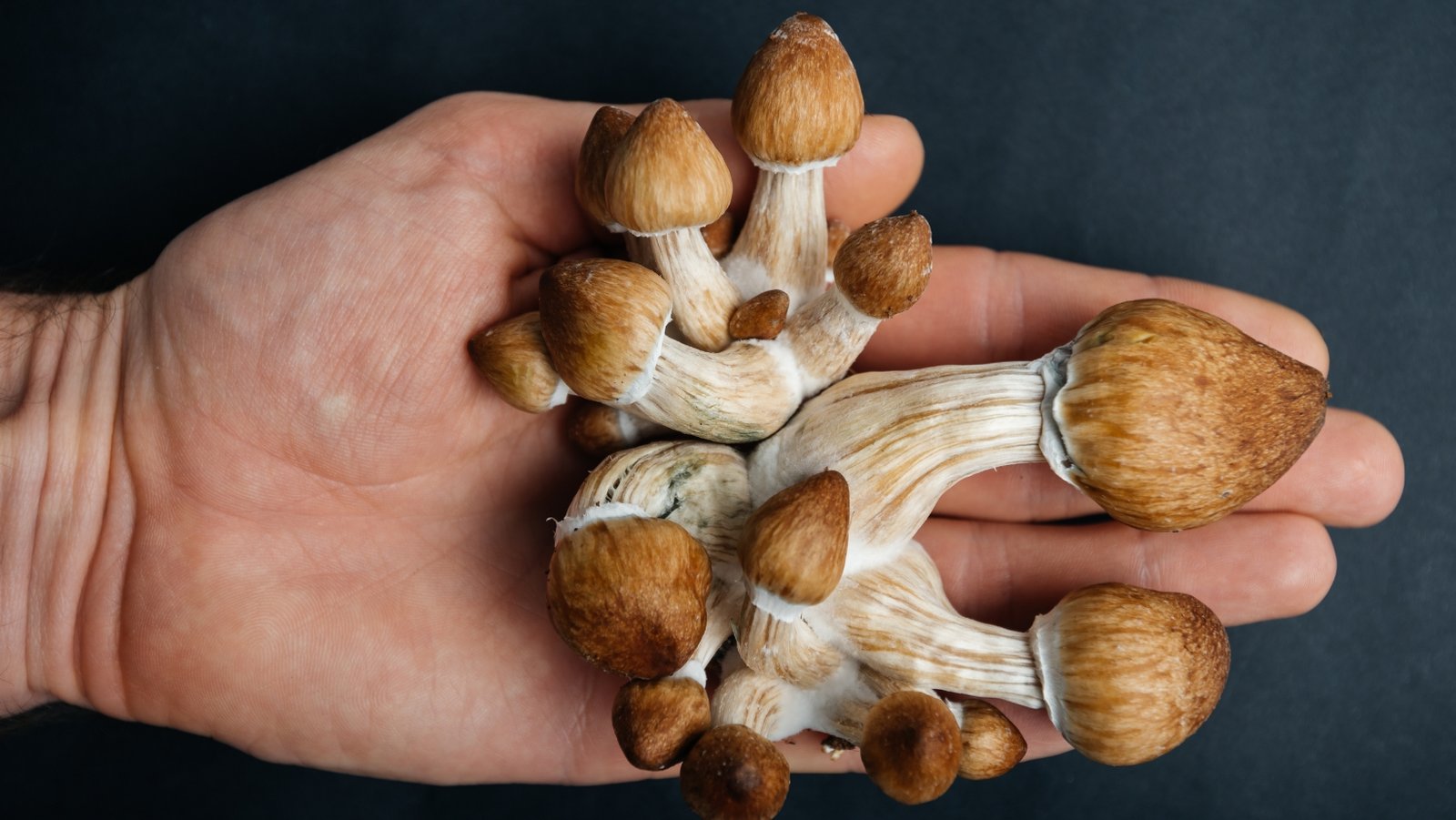
Mushrooms and Spirituality:
But the scope of ethnomycology extends beyond the tangible, physiological benefits of mushrooms. Certain fungi, like Psilocybe species (commonly known as psychedelic and/or magic mushrooms), have been used in spiritual and religious rituals for centuries.
In many indigenous cultures, these fungi are believed to enable communication with the divine, ancestors, or spirit world, and are often consumed in the context of shamanistic practices. Some report that these experiences can lead to significant personal growth, emotional healing, and profound insights.
Modern scientific research into psychedelic mushrooms has supported these anecdotal reports, suggesting potential benefits for mental health conditions like depression, anxiety, and post-traumatic stress disorder. It’s believed that these experiences can promote feelings of interconnectedness, dissolve barriers of the ego, and provide new perspectives on personal problems.
The spiritual benefits that come with these fungi could be associated with specific mushroom genetics, emphasizing the importance of preserving the biodiversity of these organisms and the indigenous knowledge systems that understand them.
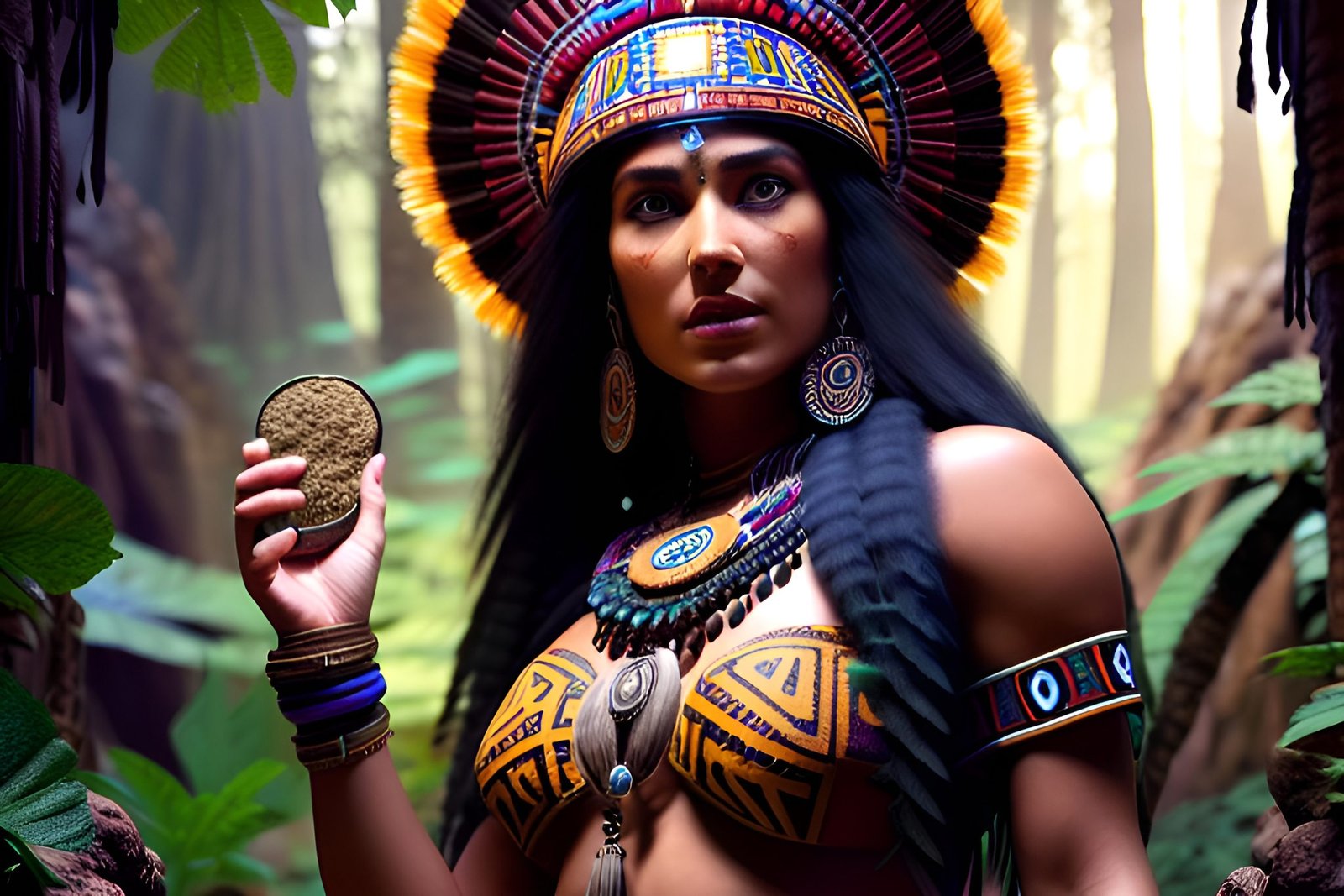
Ethnomycology is about much more than the study of mushrooms. It’s about understanding the deep and varied ways in which fungi touch human lives – from our health to our spirituality to our cultural practices. For aspiring mycologists and fungi enthusiasts, appreciating this interplay offers a richer, more nuanced understanding of these remarkable organisms.
As we continue to explore the mycelium world, let us remember that each mushroom carries with it a story – a history of human interaction, a potential for healing, and a doorway to spiritual growth. This recognition isn’t just a matter of scientific curiosity; it’s a testament to our shared journey with the fungal kingdom, a bond that spans centuries and cultures, reminding us of the intricate web of life that connects us all.
The content provided on the 🍄 Mushroom Network is for educational and research purposes, aimed at fostering a deeper understanding of mycology. We don't endorse illegal activities or reckless behavior regarding the use or cultivation of specific mushroom species. Comprehending and respecting local laws concerning psychoactive fungi is your responsibility. Furthermore, always consult a healthcare provider before consuming any substances; our content doesn't replace professional medical advice. We don't promote personal use of these substances, but aim to educate on their scientific aspects. Any actions taken based on our information are at your own risk, and we aren't liable for any associated losses or damages. Always prioritize safety and legality in your mycological explorations.
Recommended Reads:
King Blue Oyster (Pleurotus Ostreatus)
Scientific Name: Pleurotus Ostreatus COMMON NAME(S): King Blue Oyster | Blue Oyster | Blue Pearl...
Read More...Galactic Fungi: The Mycelium Awakens with Jedi Mind F**k (JMF)
About This Article: Is Jedi Mind F**k the Obi-Wan of mushrooms or just a fungal...
Read More...Violet Webcap (Cortinarius Violaceus)
Welcome to the detailed exploration of Cortinarius Violaceus, a mushroom as intriguing as it is...
Read More...When Mycology Meets Technology: Cyborg Mushrooms
The merging of organic life with technology often feels like a concept relegated to the...
Read More...Whoa there, Spore Sport! 🍄 Looks like you’re not logged in yet. Don’t you know what you’re missing? MYCO-CREDITS! Imagine all the fungal fun you could have. It’s like finding a Morel in May and not picking it. Tragic, right? Log In or Become a Myco-Patron and start racking up those credits. It’s more rewarding than finding a mushroom in your backyard! 🌟🏡
